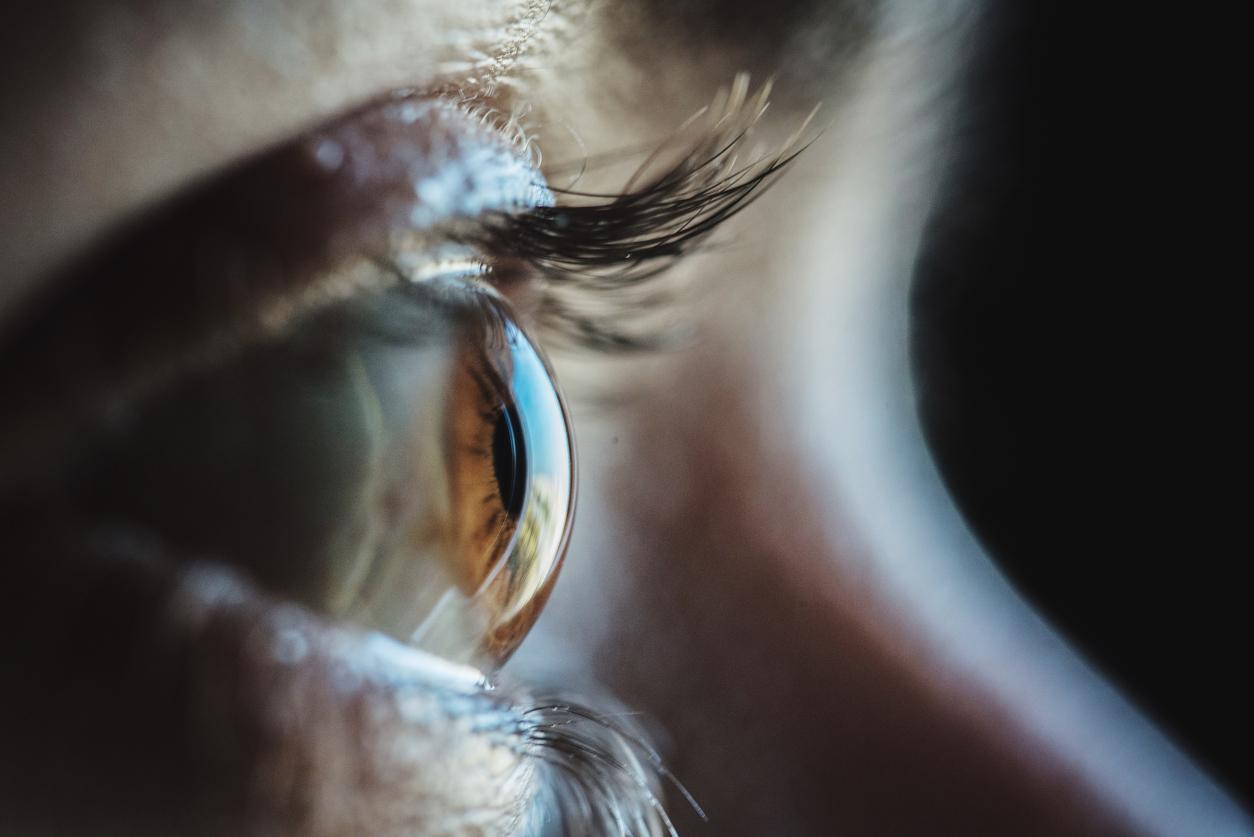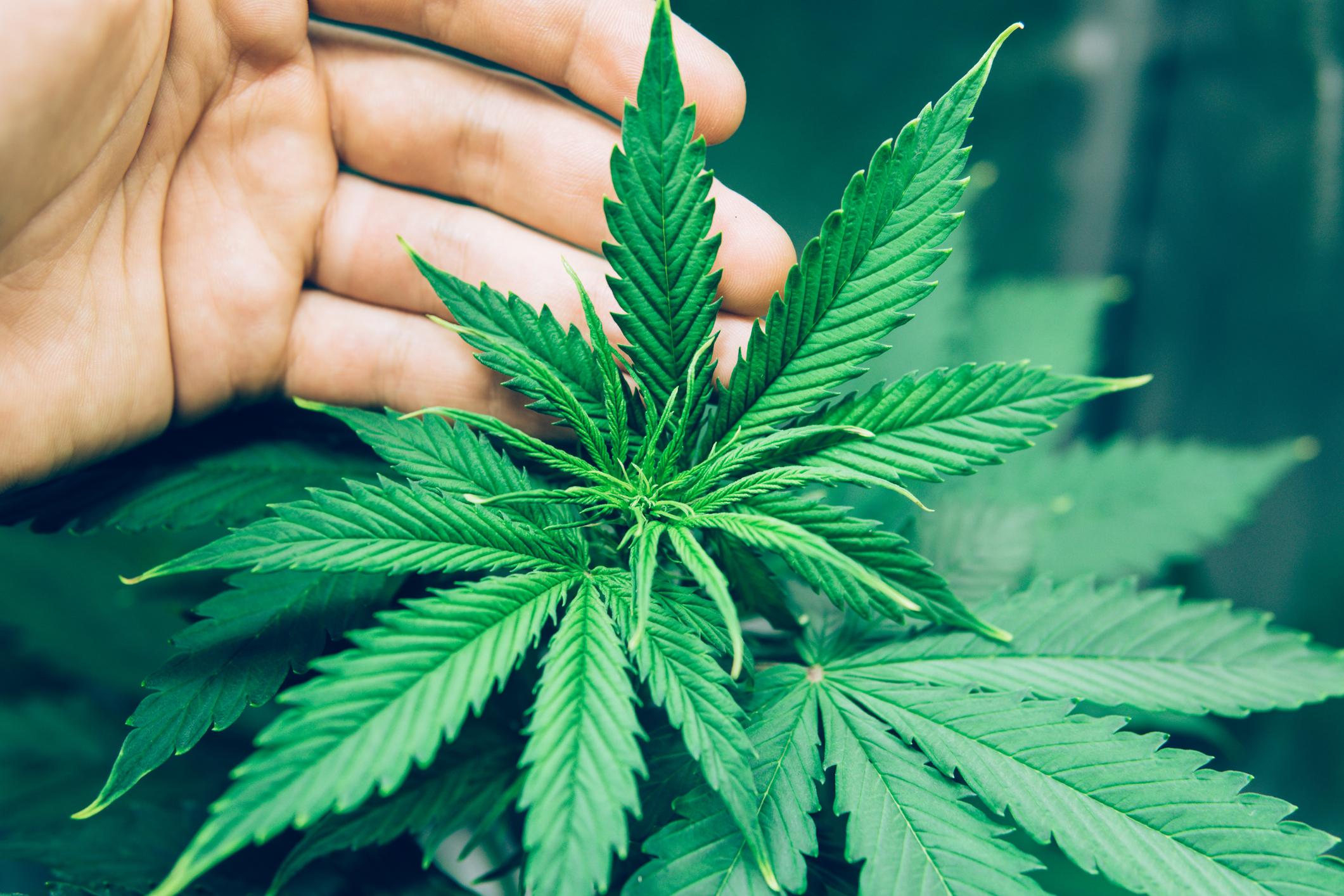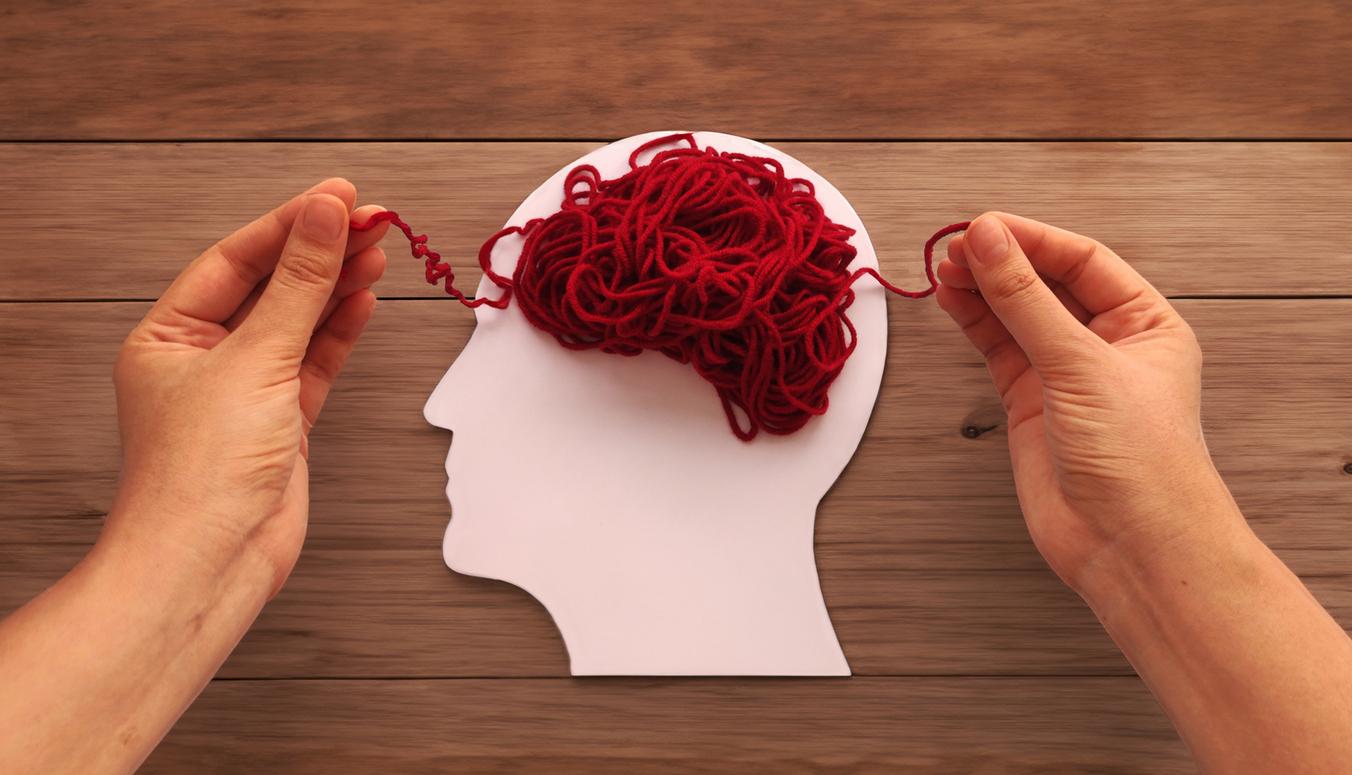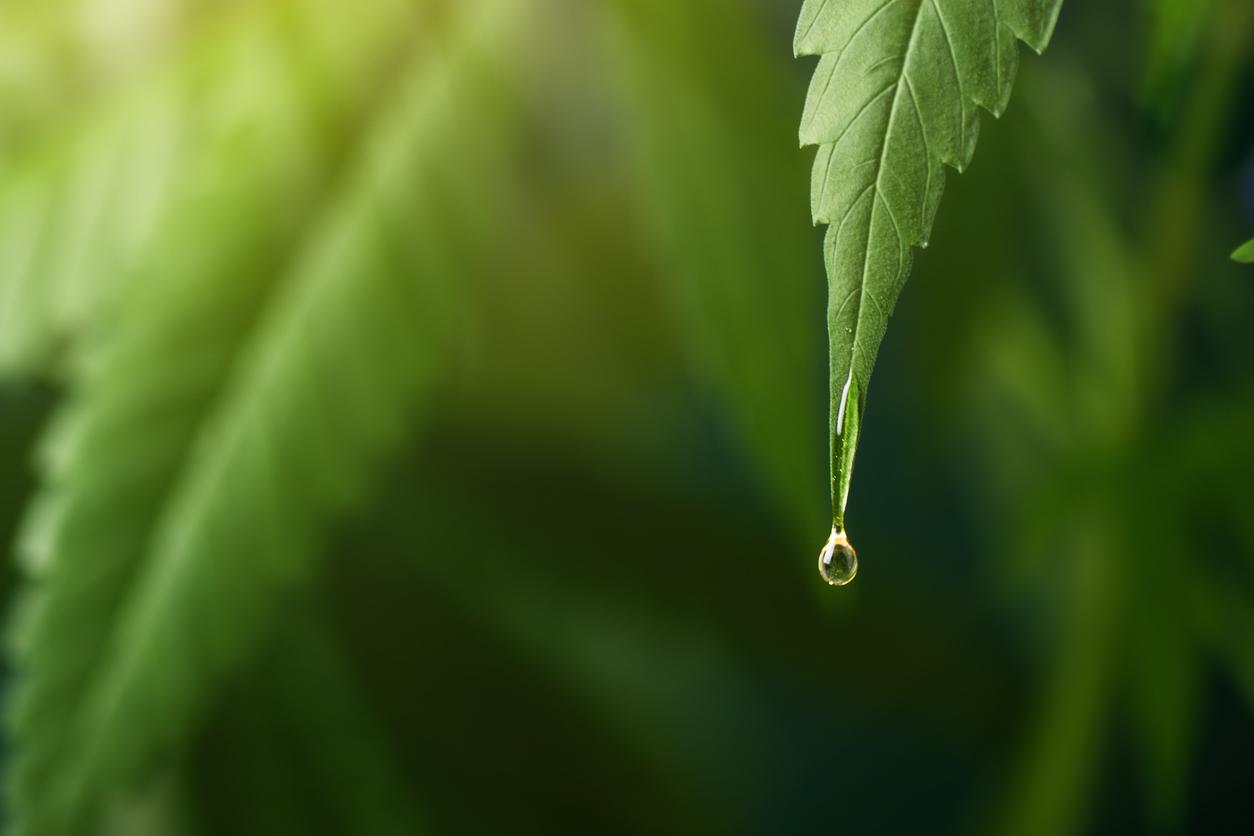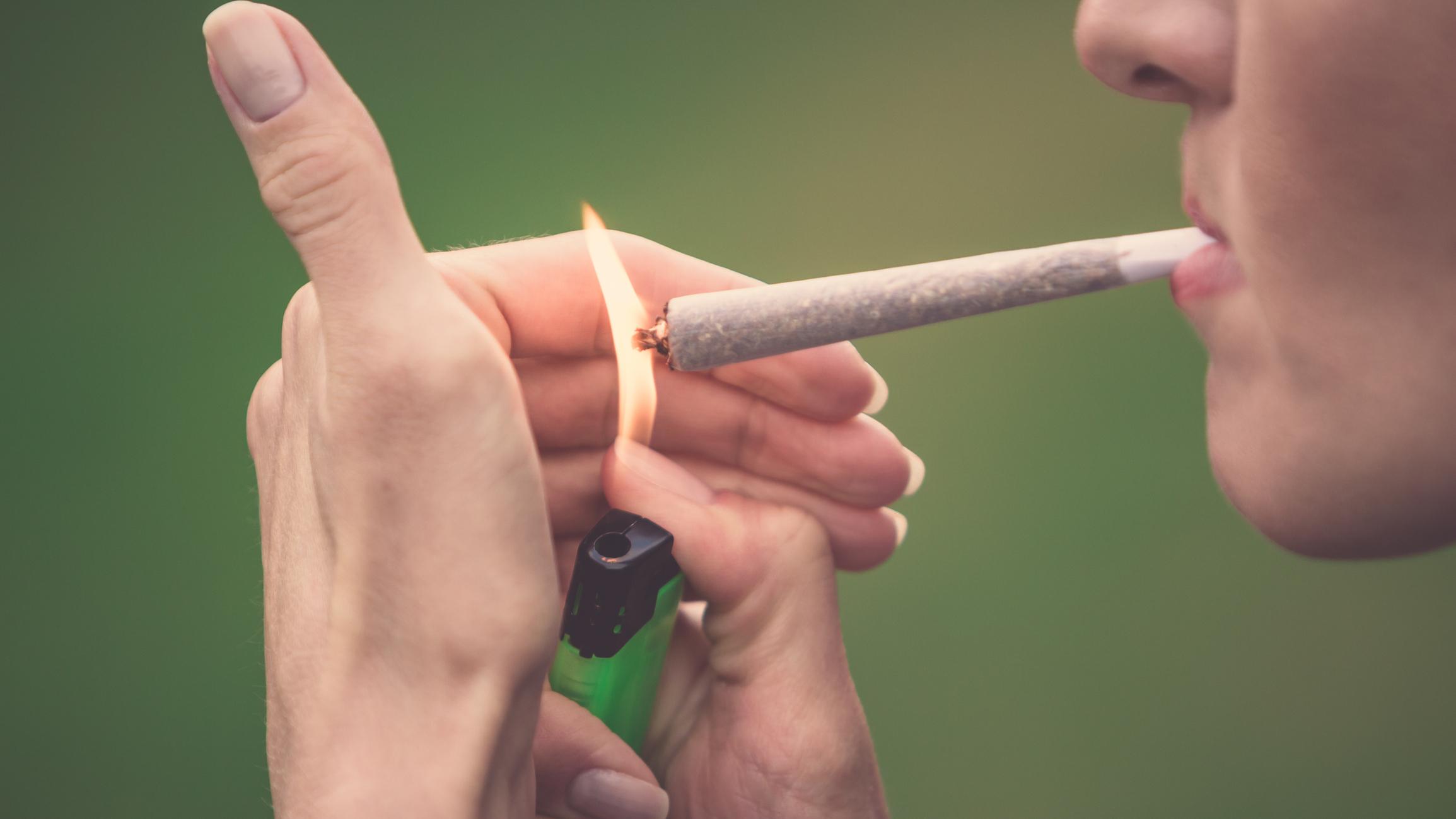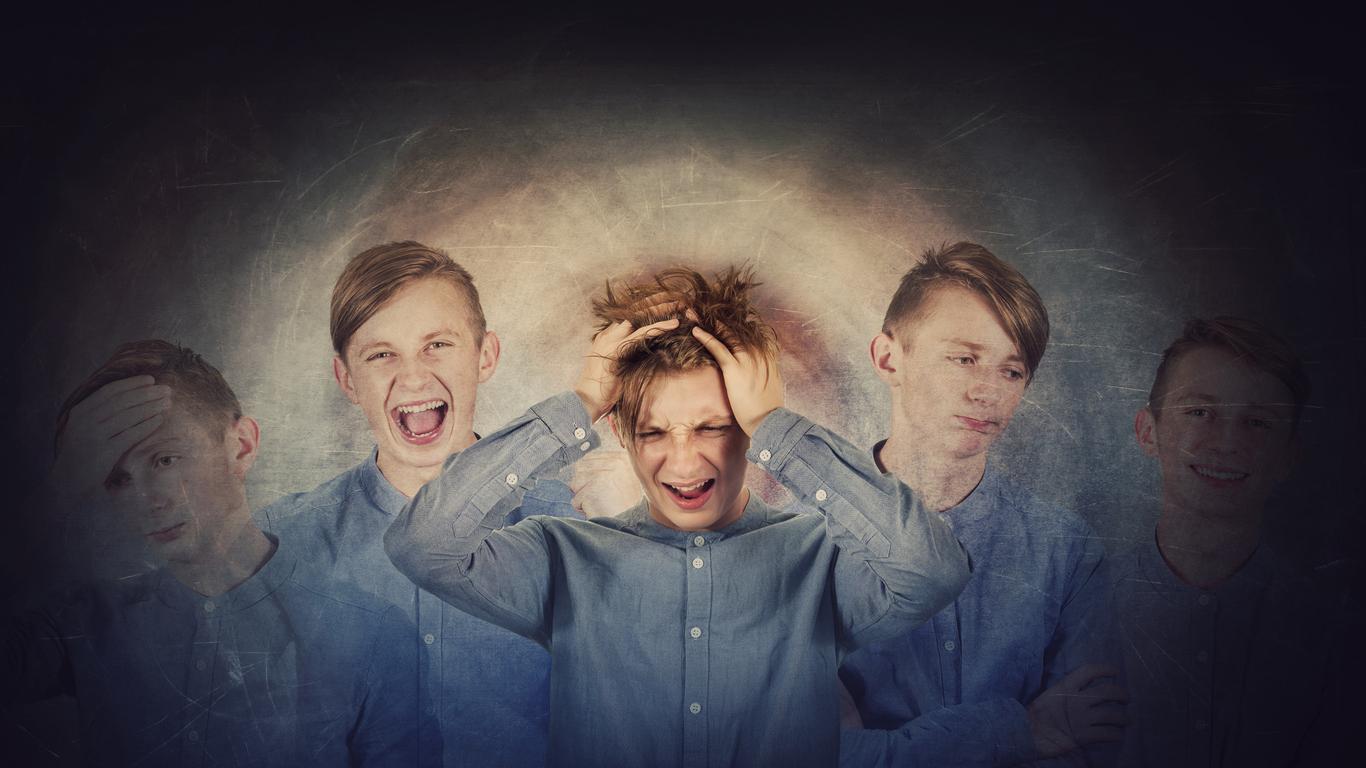A lawyer has just revealed a loophole in the French Public Health Code which allows the legalization of the main psychoactive component of the cannabis plant.
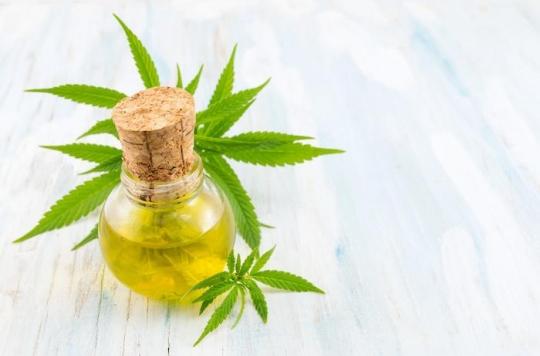
Known for its opposition to the use of cannabis, France nonetheless legalized its main psychoactive component in 2007, delta 9-tetrahydrocannabinol (THC) “unwittingly”.
A flaw discovered in the Public Health Code through Renaud Colson, senior lecturer at the University of Nantes and researcher at the University Institute on Addictions in Montreal, Canada, who wrote about it in the French legal journal Dalloz, that Libé consulted.
the THC in its natural form
Indeed, article R5132-86 of the Public Health Code stipulates that “are prohibited the production, manufacture, transport, import, export, possession, offer, transfer, acquisition or use of cannabis, its plant and its resin, products containing it or those obtained from cannabis, its plant or its resin; tetrahydrocannabinols, except delta 9-tetrahydrocannabinol, their esters, ethers, salts and as salts of the aforementioned derivatives and of products which contain them “.
According to René Colson, the original text first authorized “synthetic delta-9-tetrahydrocannabinol” in 2004, thus allowing the importation of certain drugs such as Marinol, useful in the treatment of AIDS and cancer. But an update to the text in 2007 removed the term “synthetic”, allowing THC in its natural form.
Soon to be used in everyday products?
the THC is the most abundant and prevalent cannabinoid in the cannabis plant. Its psychoactive properties act on the psyche by modifying the cerebral rhythm. Its content varies between 4 and 9% in the plant, while cannabis resin contains between 8 and 30%. This molecule is particularly responsible for redness of the eyes when consumed, feelings of fatigue, drowsiness, hunger and euphoria.
If it is allowed for consumption in its natural form, it could be used in the same way as cannabidiol (CBD), another active ingredient of the cannabis plant that can be found legally on the market. in the form of herbal teas, liquid for electronic cigarettes, oils, cosmetic balms or even capsules.
According to Renaud Colson, interviewed by the daily, it would indeed be possible to manufacture “products combining natural THC and CBD, that is to say reconstituted cannabis which would present the various characteristics of the product without appearing to be one”, but it remains unlikely that “specialized companies are launching into this sector of activity, except perhaps adventurers ready to engage in a legal fight with uncertain outcome”.
700,000 daily users in France
According to last report from the French Observatory for Drugs and Drug Addiction (OFDT), cannabis has 17 million experimenters, 5 million users per year, 1.4 million regular users and 700,000 daily users. Emmanuel Macron’s government never hinted at the possibility of possible legalization.
The use of cannabis therefore remains liable to prosecution in France. The Minister of Justice Nicole Belloubet has also recently announced that cannabis consumers caught in the act will be fined 300 euros. A new measure to strengthen the effectiveness of sanctions, which already provide that a drug user risks one year in prison and a fine of 3,750 euros (law of 1970). There are 14,000 arrests for drug use every year, only 3,098 prison sentences were pronounced in 2015, of which 1,283 were closed. The Keeper of the Seals goes further than the recommendations the parliamentary report by deputies Eric Poulliat (LREM) and Robin Reda (LR), which recommended a fine of between 150 and 200 euros. Minors, subject to a specific legal regime, are not affected by this bill.
The consequences of massive consumption
Several éstudies recently demonstrated that cannabis is dangerous for health, especially for the brain. Published research in the British Newspaper of Pharmacology indicates that the consumption of synthetic cannabis causes troubles behavior and attention, even though the doses of the synthetic cannabinoid are lower than in current use.
From results published in the journal JAMA Psychiatry indicate that cannabis consumption affects two areas of the brain (the precuneus, a region of the brain involved in vigilance and self-awareness, and the hippocampus, which concerns memorization and learning), increasing the potential for depression and may lead to cases of schizophrenia. The consequences of massive cannabis use on psychological and social development can be numerous and influence young people until adulthood. The harmful effects in relation to cannabis are moreover more pronounced when the first use is made before the age of fourteen.
As with tobacco and alcohol, experimentation with cannabis is on the decline and for the first time since 2000 has fallen below 40%. This figure is good news in view of the immediate and chronic effects of taking cannabis on the nervous system, whether on the risk of psychosis, the capacities of memorization, attention and learning. Cannabis consumed by adolescents is suspected to be one of the causes of school failure.
Find our show: All addictive and after?

.







